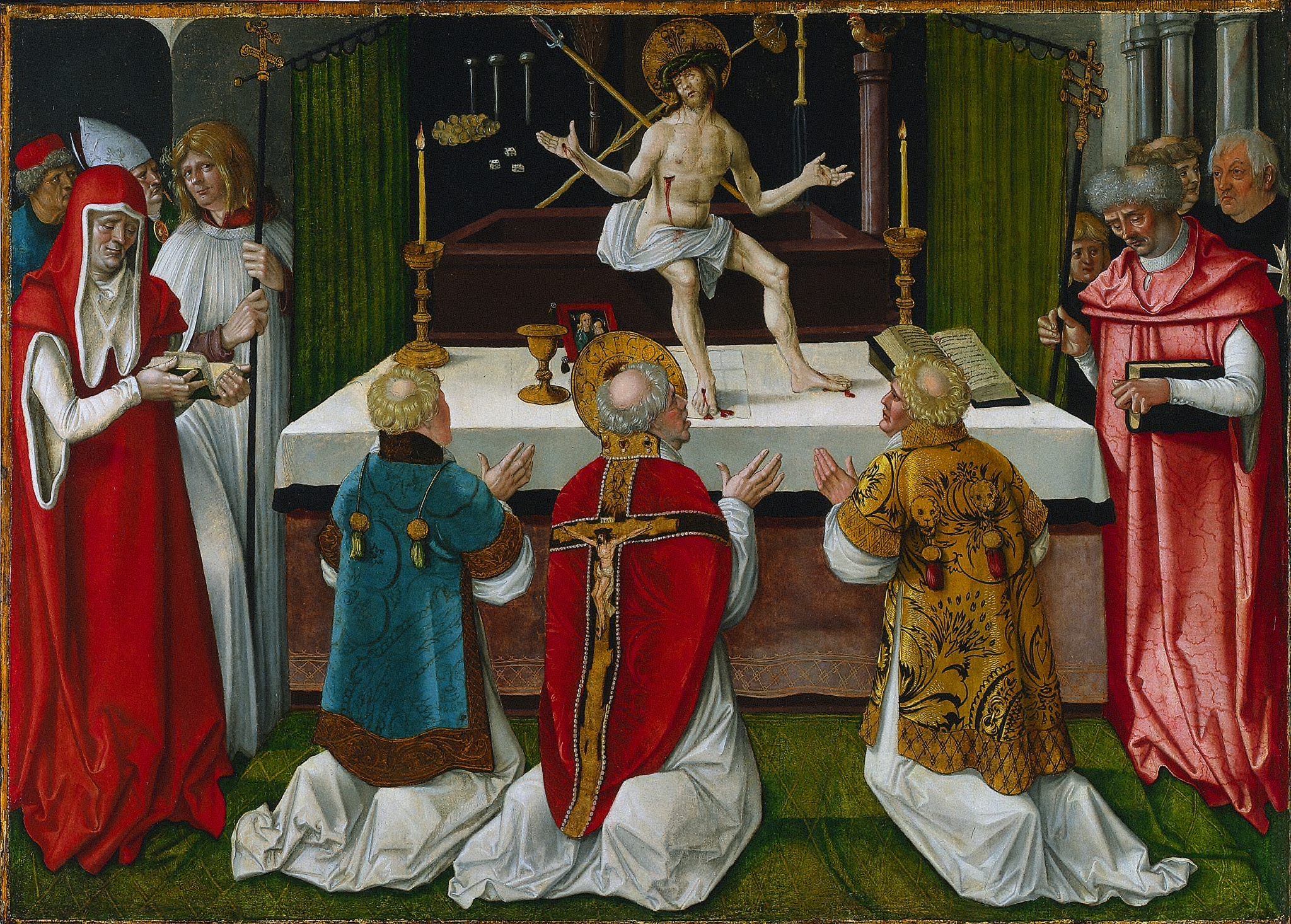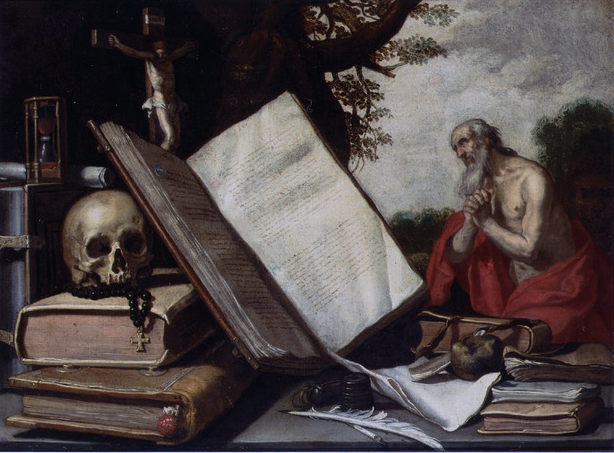Discover the most convincing argument of the heart for the existence of God! Composed by C.S. Lewis, this argument will stir your heart to deeper faith and equip you to evangelize with charity.
An Argument from the Heart
In mentioning this argument of Lewis’s to many students in many classes over many years, I have noticed that there is always a significant number of students who find it the most convincing, sometimes the only convincing, and nearly always the most interesting, of all the arguments for God’s existence. That is because its premise is a kind of deep x-ray of the heart that brings out what they thought was a personal and mysterious secret. It is as if the arguer was a close personal friend. They want to say to him: “Oh! You’ve felt that too? I thought I was the only one.” Those are C. S. Lewis’s words, and he more than anyone else formulates this argument in terms that are like shafts of light on our interior darkness, especially in his autobiography Surprised by Joy and in his essay “The Weight of Glory,” which seems to have been made of gold forged in the furnaces of the sun.
The Premise
The premise is data, not theory or ideology. Negatively expressed, it is that we are all deeply unhappy, not with anything in particular but with everything in general. We have “a lover’s quarrel with the world,” and it erupts not when things in the world are at their worst but when they are at their best, most beautiful, and most heartbreaking. This world is not enough!
This is not a rare experience, proper to “romantics.” We all have—subconsciously if not consciously—a desire for something we cannot understand or define, something that we have never had or experienced, something this world never gives us, yet something that we want more than we want anything else. This constitutes another mystery: how can we desire something we do not understand? It is as if we understand only its absence, the empty place where it should be, like the “Siege Perilous” in Arthur’s castle, the chair in which only Arthur can sit. But not only does Arthur seem absent, we cannot even define him. This is not a simple allegory, with Arthur standing for God or Heaven, for no one has ever defined God or Heaven well enough to say, “There. That is what I want.”
No work of fiction has ever convincingly portrayed God as a character or Heaven as a destination. In fact, all such attempts have been embarrassingly inadequate. But how can we know that these pitiful attempts are inadequate if we have never met God face to face? How can we know that this attempt to imagine Heaven is ridiculously wrong if we have never actually been in the real Heaven? That is a fascinating puzzle.
Two Classes of Desire
For purposes of the argument, we can express its premise very simply. We first divide our desires into two distinct classes. We can call them natural and artificial. Natural desires arise from our own nature, and therefore are found in everyone and in all cultures. Artificial desires arise from something accidental and personally or culturally specific.
Natural
Examples of the first are the desire for beauty, truth, goodness, food, drink, sex, companionship, knowledge, power, peace, pleasure, and health. These natural desires also include a natural aversion to the opposite or absence of the thing desired.
Artificial
Examples of artificial desires include the desire for the Land of Oz, the desire to fly like Superman, the desire to own a Jaguar, and the desire to be a king or a queen. These artificial desires are not universal but personally or culturally specific, and they do not include a natural and universal aversion to their opposite. It is an observable fact that the artificial desires do not always correspond to something in objective reality. Jaguars and kings are real but Oz and Superman are not.
Natural desires, on the other hand, always do correspond to real objects. And that is also an observable fact. If there is hunger, there is food. If a bird wants to fly, there is air. If a duck wants to swim, there is water. It would be not only strange but impossible to find a unisexual species that was continually falling in love with a nonexistent second sex, or a race of robots that could not taste or digest food but that had an innate longing for steak.
The Argument
We can formulate our argument this way:
Major premise: every natural, innate, universal human desire corresponds to a real object that can satisfy it.
Minor premise: we have a natural, innate, and universal desire for some x that we cannot define, or attain in this life, something better and more beautiful and joyful than anything that we can define, or attain in this life, something like God (an indefinably good being) and something like Heaven (an indefinably good state of union with God).
Conclusion: God, and Heavenly union with God, exists.
The Purpose of this Argument
The argument does not prove that we will see God or get to Heaven, any more than hunger proves that we will not starve. But every natural hunger proves the existence of a food that can satisfy it. The desire would be pointless and meaningless if that were not so.
All the atheists I have ever talked to about this argument claim that they simply do not find this desire in their heart at all. I strongly suspect that they have had such a bad exposure to religion that they think of God as a kind of cosmic Gestapo chief or Puritan killjoy, and they think of Heaven as being chained to a pew in an unending church service. They are quite right to disbelieve in that God and that Heaven. But by what standard do they judge that as unworthy of belief? By the standard of something much better, a truly good God and Heaven. But “something much better” is almost the definition of the God we are arguing for.
The argument from desire is an argument from the heart in two senses. First, its premise is data from the heart (in the sense of the desires). Second, the argument works only if the heart (in the sense of the intuition) is working—i.e., only if one is looking-along the data instead of just looking-at it. The data consists of a very large bleeding finger pointing, with passionate quivering, at something very big. Once you see the finger, it takes great effort not to look in the direction it points. It is like the elephant in the living room. The only way to ignore it is to cover it with a million mice. And that is increasingly easy to do in this age when everyone identifies with the plethora of things and possessions that constitutes our technologized world and when everyone has a smartphone into which their souls can disappear and can live in the Matrix instead of the real world.
ooo
This article is taken from a chapter in Wisdom of the Heart by Peter Kreeft, PhD which is available from TAN Books.









